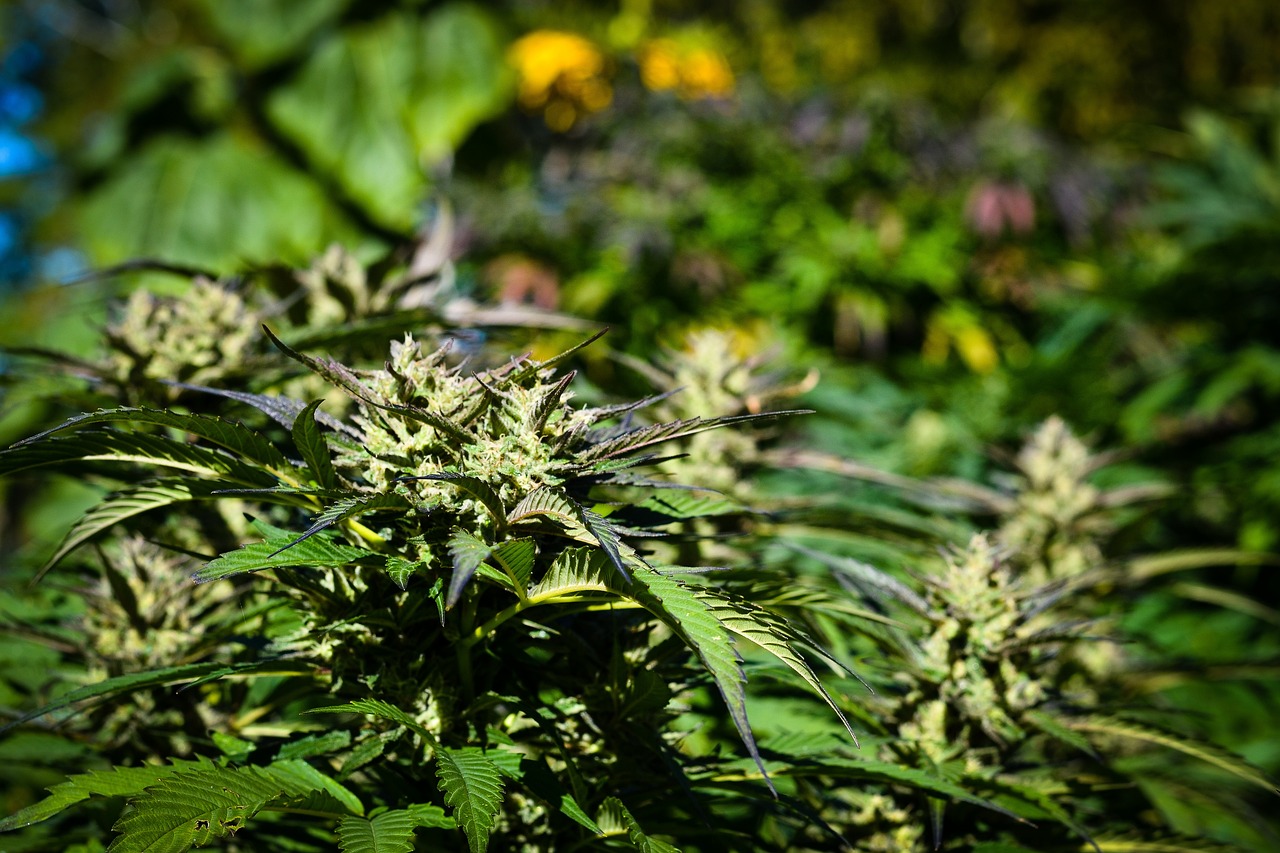Understanding THCA
THCA is a non-psychoactive cannabinoid found in raw cannabis plants. Unlike its well-known counterpart, THC, THCA does not produce a high. It is the precursor to THC and converts to THC through a process called decarboxylation, which occurs when cannabis is heated.
THCA vs. THC: Key Differences
- Psychoactivity: THCA flower potency is non-psychoactive, while THC is known for its mind-altering effects.
- Stability: THCA is more stable in its raw form and only converts to THC when exposed to heat.
- Legal Status: THCA is often legal in regions where THC is not, due to its non-psychoactive nature.
Mechanisms of THCA in Pain Management
THCA interacts with the body’s endocannabinoid system, which plays a role in regulating pain, mood, and inflammation. By binding to cannabinoid receptors, THCA may help modulate pain signals and reduce inflammation.
Anti-Inflammatory Properties
Research suggests that THCA possesses anti-inflammatory properties, which can be beneficial in managing conditions like arthritis and fibromyalgia. By reducing inflammation, THCA may alleviate pain associated with these conditions.
Neuroprotective Effects
Studies indicate that THCA may have neuroprotective effects, potentially aiding in the management of neurodegenerative diseases. This could be particularly beneficial for patients experiencing pain due to conditions like multiple sclerosis or Parkinson’s disease.
Case Studies and Research
Several studies have explored the potential of THCA in pain management. A study published in the Journal of Pain Research highlighted the compound’s ability to reduce pain and inflammation in animal models. Another research project conducted by the University of Guelph found that THCA exhibited significant anti-inflammatory effects, suggesting its potential as a therapeutic agent.
Patient Experiences
Many patients have reported positive outcomes when using THCA for pain relief. For instance, a patient with rheumatoid arthritis noted a significant reduction in joint pain and swelling after incorporating THCA into their treatment regimen. Such anecdotal evidence supports the growing interest in THCA as a pain management tool.
Potential Benefits of THCA
- Non-Psychoactive: Patients can experience pain relief without the psychoactive effects associated with THC.
- Legal Accessibility: In many regions, THCA is more accessible than THC, providing an alternative for patients seeking cannabis-based treatments.
- Versatility: THCA can be consumed in various forms, including raw cannabis juice, tinctures, and capsules.
Challenges and Considerations
Despite its potential, THCA faces several challenges in the medical field. One major hurdle is the lack of extensive clinical trials, which limits the understanding of its efficacy and safety. Additionally, the variability in cannabis strains can affect THCA content, making standardization difficult.
Regulatory Hurdles
The legal status of cannabis and its derivatives varies widely across regions, impacting the availability and research of THCA. Navigating these regulations can be complex for both researchers and patients.
Future Directions
The growing interest in THCA has spurred further research into its potential applications. Future studies are expected to focus on its efficacy in various pain-related conditions and its long-term safety profile. As the understanding of THCA expands, it may become a more prominent option in pain management strategies.
Conclusion
THCA presents a promising avenue for pain management, offering anti-inflammatory and neuroprotective benefits without psychoactive effects. While challenges remain, ongoing research and patient experiences highlight its potential as a valuable tool in managing pain. As the medical community continues to explore cannabis compounds, THCA may play an increasingly important role in providing relief for those suffering from chronic pain.
